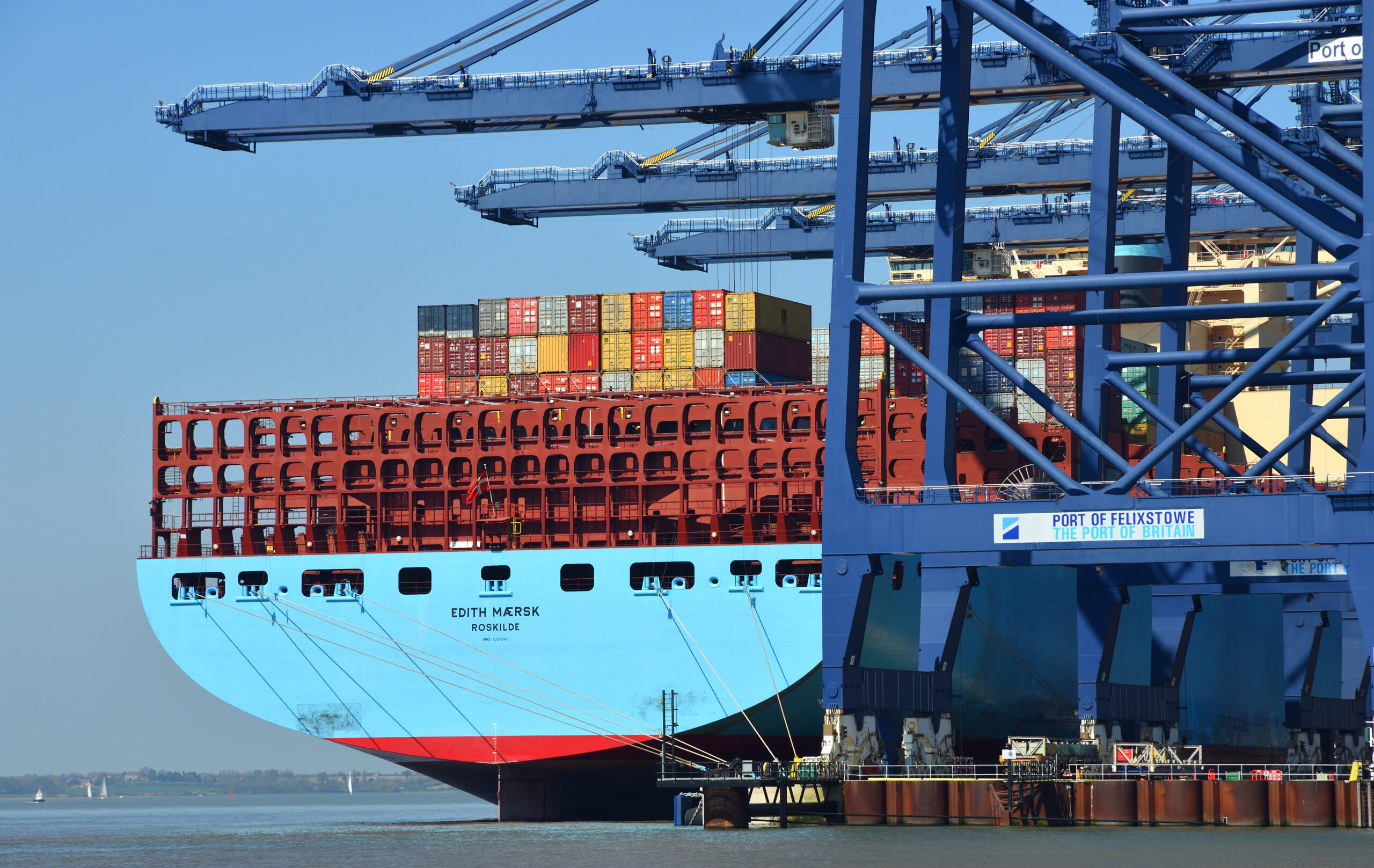Microsoft has partnered with Danish shipping company NORDEN to reduce its Scope 3 emissions by nearly 10,000 tonnes of CO2 over a three-year period. By using certified waste-based biofuels and a book-and-claim accounting framework, the initiative offers lifecycle emissions reductions of between 80-90% when compared with conventional fossil fuels.
Under this agreement, NORDEN will transfer its compliance surplus, generated by biofuel-powered voyages, to Microsoft, which will incorporate these reductions into its own emissions accounting. The book-and-claim model enables shipping companies transfer emissions reductions, in this case through NORDEN’s use of biofuels, to their partners with full transparency.
The project is undertaken by a collaboration with the Roundtable on Sustainable Biomaterials (RSB), which focuses on refining the book and claim registry to ensure rigorous traceability and verification standards. The system has undergone double auditing by independent verifiers and conforms to the Smart Freight Centre’s guidelines.
Anne Jensen, Chief Operating Officer at NORDEN, said: ‘We are pleased to work with a like-minded partner in Microsoft, sharing our ambition to scale the use of low-carbon fuels to reduce emissions in the maritime industry. With the addition of Microsoft to our portfolio of customers, we are demonstrating that NORDEN can help any company that is dependent on maritime transportation in reducing its supply chain emissions in the here and now, while we as a carrier overcome the challenges of limited geographic availability of low-carbon fuels.’
Julia Fidler, Environmental Sustainability Lead for Fuel and Material Decarbonization at Microsoft, noted: ‘This project with NORDEN, together with our pilot with the RSB, will further develop the important registry infrastructure required to help Microsoft lower our maritime supply chain emissions in a transparent and credible way, while fostering the growth of sustainable maritime fuels.’
For companies whose direct emissions-abatement capacity is limited, addressing supply chain emissions through market-based mechanism is a compelling alternative. Microsoft’s Scope 3 emissions, which accounted for approximately 12 million tonnes out of a total of 16 million produced in 2020, indicate the importance of indirect emissions reductions in the carbon accounting strategies.
Similar initiatives by the Mærsk Mc-Kinney Møller Center for Zero Carbon Shipping, RMI, and the Zero Emission Maritime Buyers Alliance suggest a growing consensus regarding the effectiveness of these systems. The collaboration between NORDEN and Microsoft offers a replicable model. It provides a pathway for cargo owners to actively participate in decarbonisation, even without of direct control over shipping operations. If widely adopted, such book-and-claim frameworks could spur demand signals for alternative fuels, accelerate innovation, and more efficiently account for the emissions produced within global logistics networks.



